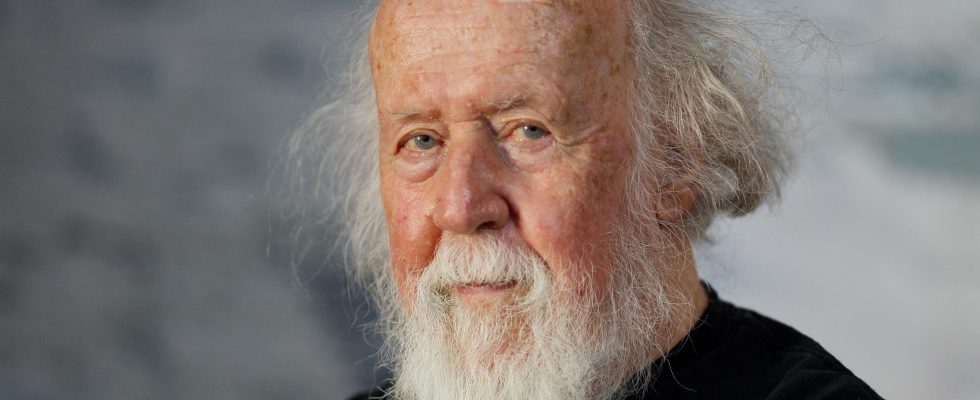The famous Franco-Canadian astrophysicist Hubert Reeves, known for his popular work on the cosmos, died this Friday, October 13 at the age of 91. “My whole family joins me in the pain of having to announce to you that our dear father has left to join the stars,” wrote Benoit Reeves on the social network Facebook.
Died in Paris, Hubert Reeves was a masterful storyteller of the history of the Universe, the passion of his life, but also one of the most ardent defenders of the blue planet. “Quebec today loses an outstanding popularizer, a renowned astrophysicist. Hubert Reeves knew how to find the words to help us understand humanity and infinity. He leaves today as he came, in dust stars”, commented François Legault, Prime Minister of Quebec.
NASA, teacher and popularizer
Born in Montreal on July 13, 1932, the scientist who looked like a Gallic druid had the art of making the most complex physical phenomena intelligible, “to all those who were amazed by the world”, like him. Having worked for NASA in the 1960s, he pursued a teaching career in Belgium before going to France, where he became a research director at the National Center for Scientific Research (CNRS) and an advisor to the Commission for Scientific Research. atomic energy (CEA).
Having inherited a talent as a storyteller from his maternal grandmother Charlotte Tourangeau, who made him dream when he was little by telling him endless stories, he decided to write a book – “Patience in the Azure” (1981 ) – to tell the story of the universe. The success was beyond all expectations: Hubert Reeves then began a second career, that of a science popularizer.
Among his many books, he published “Poussières d’étoiles” in 1984, then “L’heure de s’ivrer” in 1986, “The sea explained to our grandchildren” (2015), and “The fury of live” (2020). Astronomy is a complex subject but it fascinates a wide audience, because he knows how to make his thoughts accessible. His quote “To look far is to look early”, to evoke space-time, is an illustration of this. “You made this little planet lost in the Universe more pleasant,” reacted on X (formerly Twitter) Eric Lagadec, astrophysicist at the Côte d’Azur Observatory.
